GEORGE A. ROMERO
THE
GODFATHER
OF HORROR
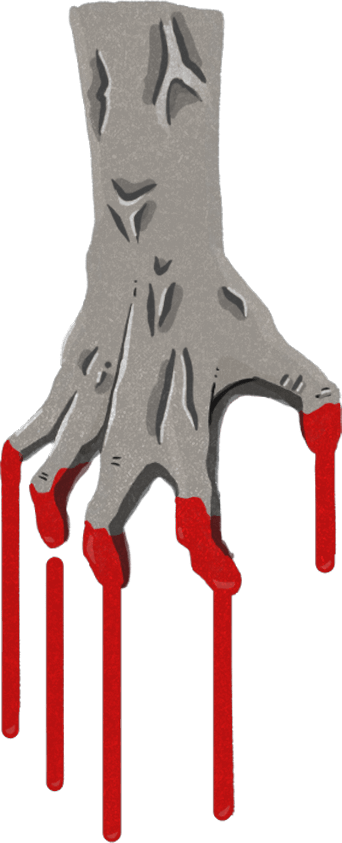
1940
BORN IN THE BRONX
George A. Romero was born in the Bronx, to Anne and George Romero, a commercial artist. His mother was Lithuanian and his father moved from Spain to Cuba as a child. Although his father has been reported as being born in A Coruña, with his family coming from the Galician town of Neda, George said his father would describe himself as Castilian.
George would frequently ride the subway into Manhattan to rent film reels to view at his house. He was one of only two people who repeatedly rented the opera-based film The Tales of Hoffmann; the other was future director Martin Scorsese. Romero attended Carnegie-Mellon University in Pittsburgh.

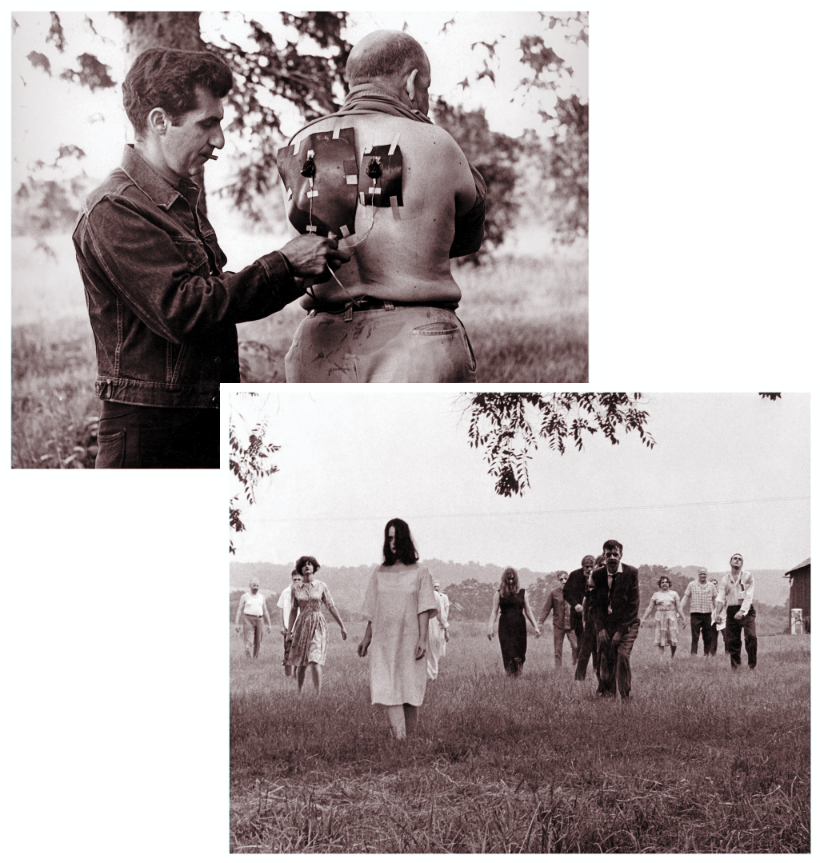
1960s
FIRST
MAJOR FILM
After graduating from college in 1960, Romero began his career shooting short films and TV commercials. With nine friends, including screenwriter John A. Russo, Romero formed Image Ten Productions in the late 1960s, the production company that produced Night of the Living Dead (1968). Directed by Romero and co-written with John A. Russo, the movie became a cult classic and a defining moment for modern horror cinema.
1970s
VAMPIRES, WITCHES, AND MADMEN
George made three films after Night of the Living Dead: There's Always Vanilla (1971), Jack's Wife / Season of the Witch (1972) and The Crazies (1973). These films were not as well received as Night of the Living Dead or some of George's later work. The Crazies, dealing with a biological spill that induces an epidemic of homicidal madness, and the critically acclaimed arthouse success Martin (1978), a film that deals with the vampire myth, were the two well-known films from this period. George returned to the zombie genre in 1978 with Dawn of the Dead.
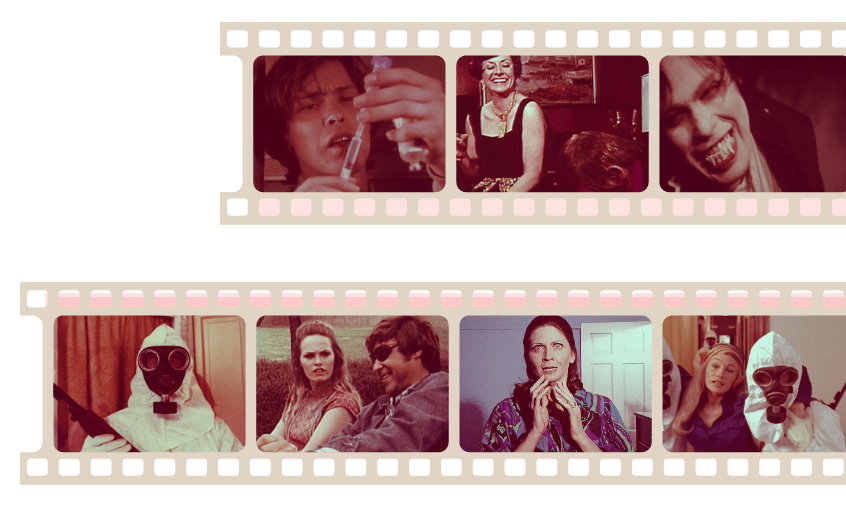
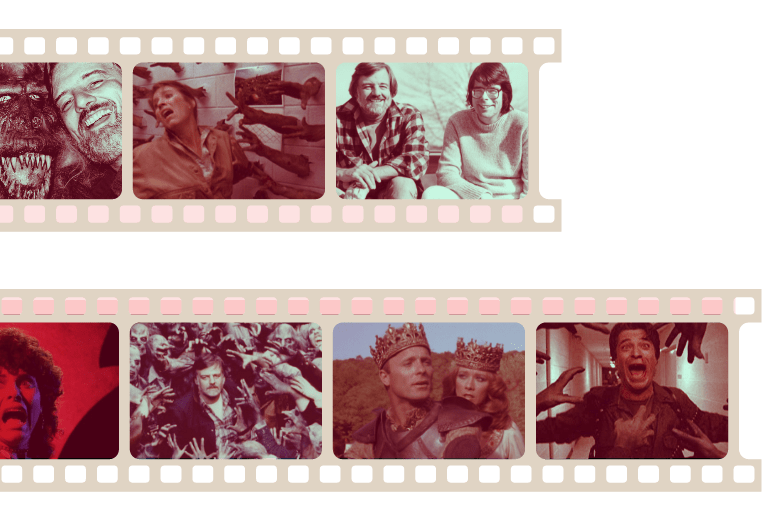
1980s
CREEPSHOW
AND MORE DEAD
George made the third entry in his “Living Dead Series” with Day of the Dead in 1985. Between the latter two "Dead" films, Romero shot Knightriders (1981), another festival favorite about a group of modern-day jousters who re-enact tournaments on motorcycles; and Creepshow (1982), written by Stephen King, an anthology of tongue-in-cheek tales modeled after 1950s horror comics. The cult-classic success of Creepshow led to the creation of George's Tales from the Darkside, a horror anthology television series that aired from 1983 to 1988.
1990s
NEW FILM AND REMAKING “NIGHT”
From the latter half of the 1980s and into the 1990s came Monkey Shines (1988), about a killer helper monkey; Two Evil Eyes (1990), an Edgar Allan Poe adaptation in collaboration with Dario Argento; The Dark Half (1993) from a novel written by Stephen King; and Bruiser (2000), about a man whose face becomes a blank mask.
George updated his original screenplay and executive-produced the 1990 remake of Night of the Living Dead directed by Tom Savini. Savini is also responsible for the makeup and special effects in many of George's films including Dawn of the Dead, Day of the Dead, Creepshow, and Monkey Shines.
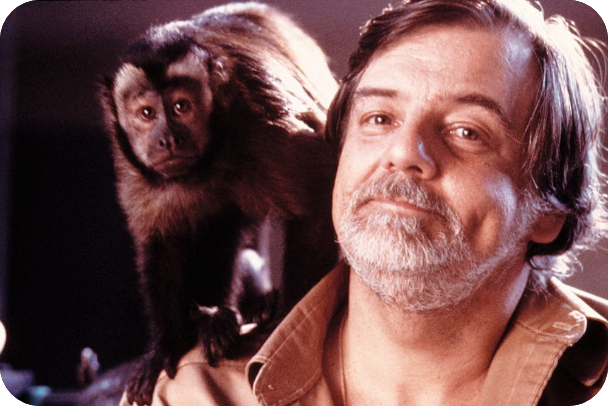

2000s
LAND OF THE DEAD
In 2005, George directed the fourth film in the "Living Dead" series in Toronto, Land of the Dead. The movie’s working title was “Dead Reckoning”. Actors Simon Baker, Dennis Hopper, Asia Argento, and John Leguizamo starred, and the film was released by Universal Pictures (who released the Dawn of the Dead remake the year before). The film received mostly positive reviews.
2010s
CAMEOS AND COMICS
George made an appearance in the video game Call of Duty: Black Ops. He appears as himself in the zombies map “Call of the Dead” as a non-playable enemy character. He returned to video games recording his voice for “Zombie Squash” as the lead villain, Dr. B. E. Vil.
In 2014, Marvel Comics began releasing Empire of the Dead, a 15-issue miniseries written by George. The series is broken up into three acts, five issues each, and features not only zombies but also vampires.
On July 16, 2017, Romero died in his sleep following a brief but aggressive battle with lung cancer.
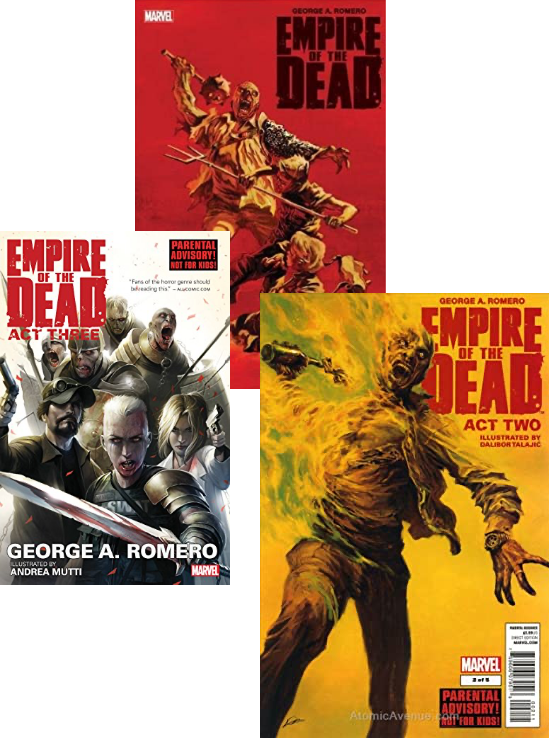
SUBSCRIBE TO OUR NEWSLETTER.
The George A. Romero Foundation (The GARF) is a 501c(3) non-profit organization dedicated to honoring George’s life, art, and cultural impact by restoring and preserving his portfolio and legacy, and supporting the dreams and imaginations of independent filmmakers, artists, and writers inspired by George.
Copyright © 2024 George A. Romero Foundation